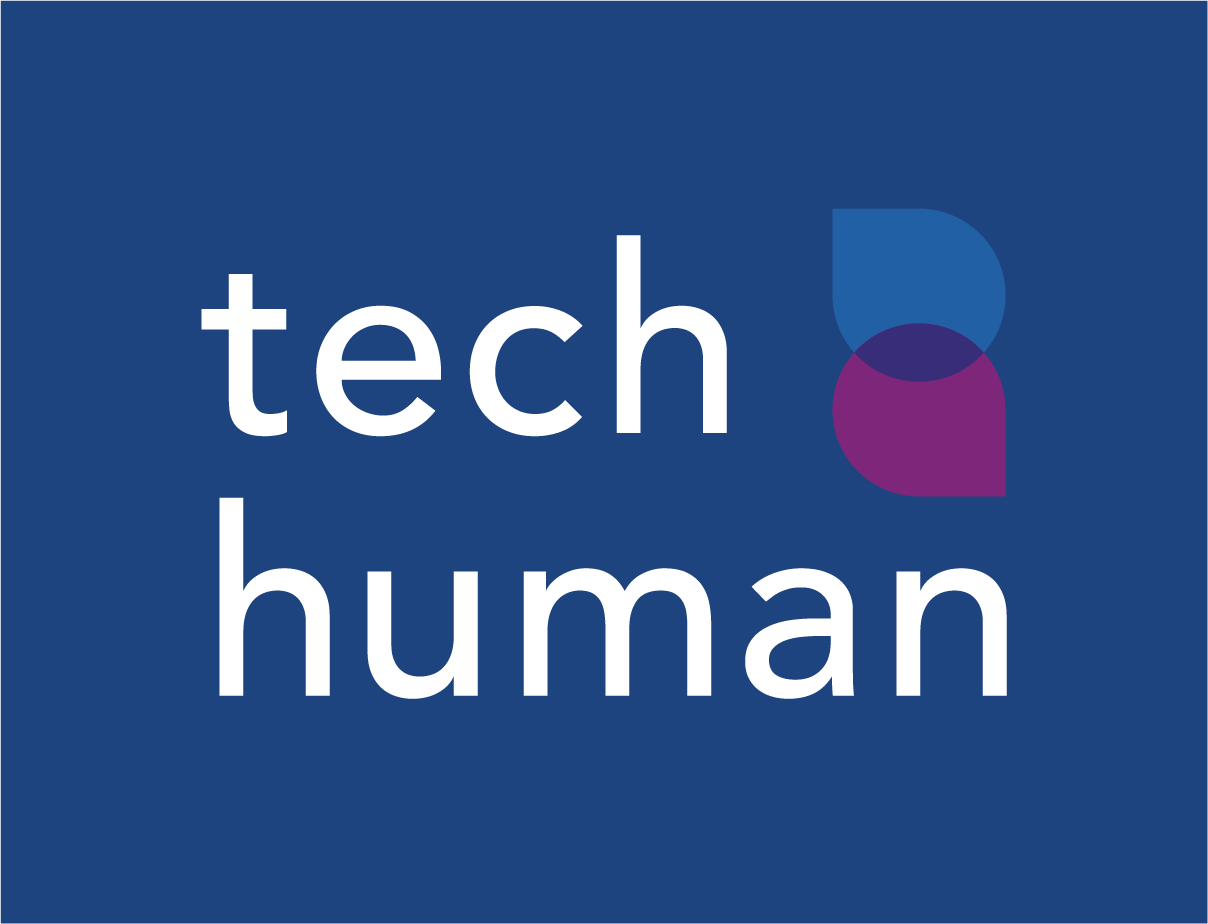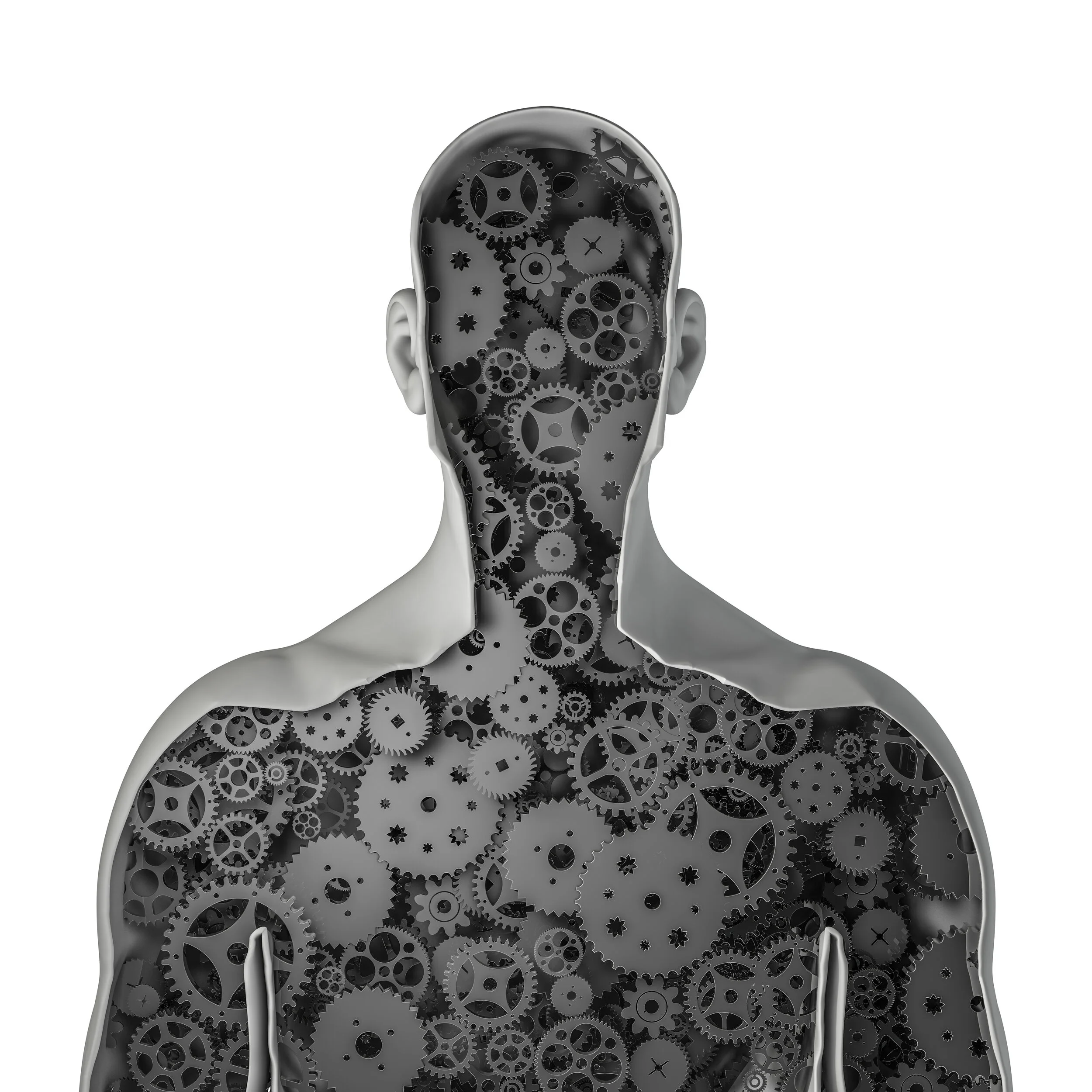“Reality is that which, when you stop believing in it, doesn't go away.” This profound insight comes not from a philosopher but from the celebrated science fiction author, psychotropic drug enthusiast and mystic, Philip K Dick. There is an ultimate primordial difference between reality and falsehood, between truth and counterfeit. Falsehoods, lies, counterfeits, deceptions are invented by human minds. The truth just is - objective, independent of all beliefs and conspiracy theories, unalterable and unavoidable. And yet, in an era in which the black art of spreading disinformation has become ever more sophisticated, how on earth can ordinary people ever distinguish between truth and lies?
Read MoreAI and digital technologies are creating particular and unique challenges for regulatory authorities and governments around the world. In particular
The speed of change and unforseen consequences
Concentrations of power, expertise and economic resources
Surveillance capitalism and behaviour modification
Technology is transforming the world at an astonishing pace. It was only in 2007 that Steve Jobs launched the iPhone…. It seems likely that the next 10 years will see comparable yet unpredictable advances. Yet confronted with this tsunami it often seems as though the Church is sleepwalking into the technological future, preoccupied with its own internal discussions and oblivious to the complexity of the challenges that are coming our way.
Read MoreInteractions with apparently human-like and ‘emotionally intelligent’ AIs are likely to become commonplace within the next ten years, ranging from entirely disembodied agents like chatbots through to physical humanoid robots. This will lead to new and troubling ethical, personal and legal dilemmas.
Read MoreSpeed of change and unforeseen consequences - it's only 11 years since the first Apple iPhone was launched. Nobody foresaw how smartphones would change our world and our behaviour. An infamous slogan of Silicon Valley is "Move fast and break things" - the naïve assumption is that disruption is always positive.
Read MoreSherry Turkle has an important and influential voice in current debates about interactions between humans and machines. She trained as a psychoanalyst and joined the MIT computer science department in the 1970’s, working with the celebrated computer pioneer Joseph Weizenbaum.
Read MoreHuman beings have always tried to understand themselves by comparison with the leading technologies of the time. For many centuries of the medieval period and beyond precision clockwork mechanisms represented the pinnacle of technological creation, and it seemed obvious to many thinkers that the human body must represent some kind of clockwork mechanism.
Read MoreCarl Frey is an economist at Oxford University where he directs the Future of Work programme at the Oxford Martin School. He was the co-author of an influential 2013 paper entitled “The Future of Employment. How susceptible are jobs to computerisation?”. His recent book continues the same theme, analysing the effects of increasing automation on different types of employment, but from a practical and well-informed historical perspective.
Read MoreShanahan is Professor of Cognitive Robotics at Imperial College London, and writes with authority and clarity about the possibility of a “singularity” in information technology, a sudden and disruptive increase in AI capability which would have unique and transformative effects on human history.
Read MoreTegmark is a MIT physicist who was one of the founders of the Future of Life Institute, dedicated to the study of risks to the future existence of humanity from multiple threats, including super-intelligent AI.
Read MoreThe French philosopher Jean Baudrillard argued that postmodern culture had become so reliant on representations of reality that it had lost contact with the real world. In his 1988 work Simulacra and Simulation he wrote …“It is no longer a question of imitation, nor duplication, nor even parody. It is a question of substituting the signs of the real for the real”.
Read More











